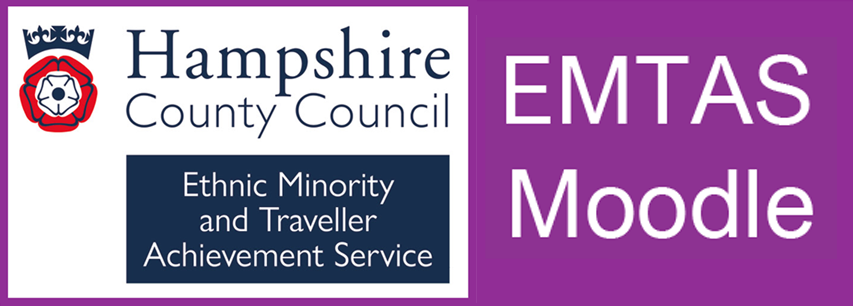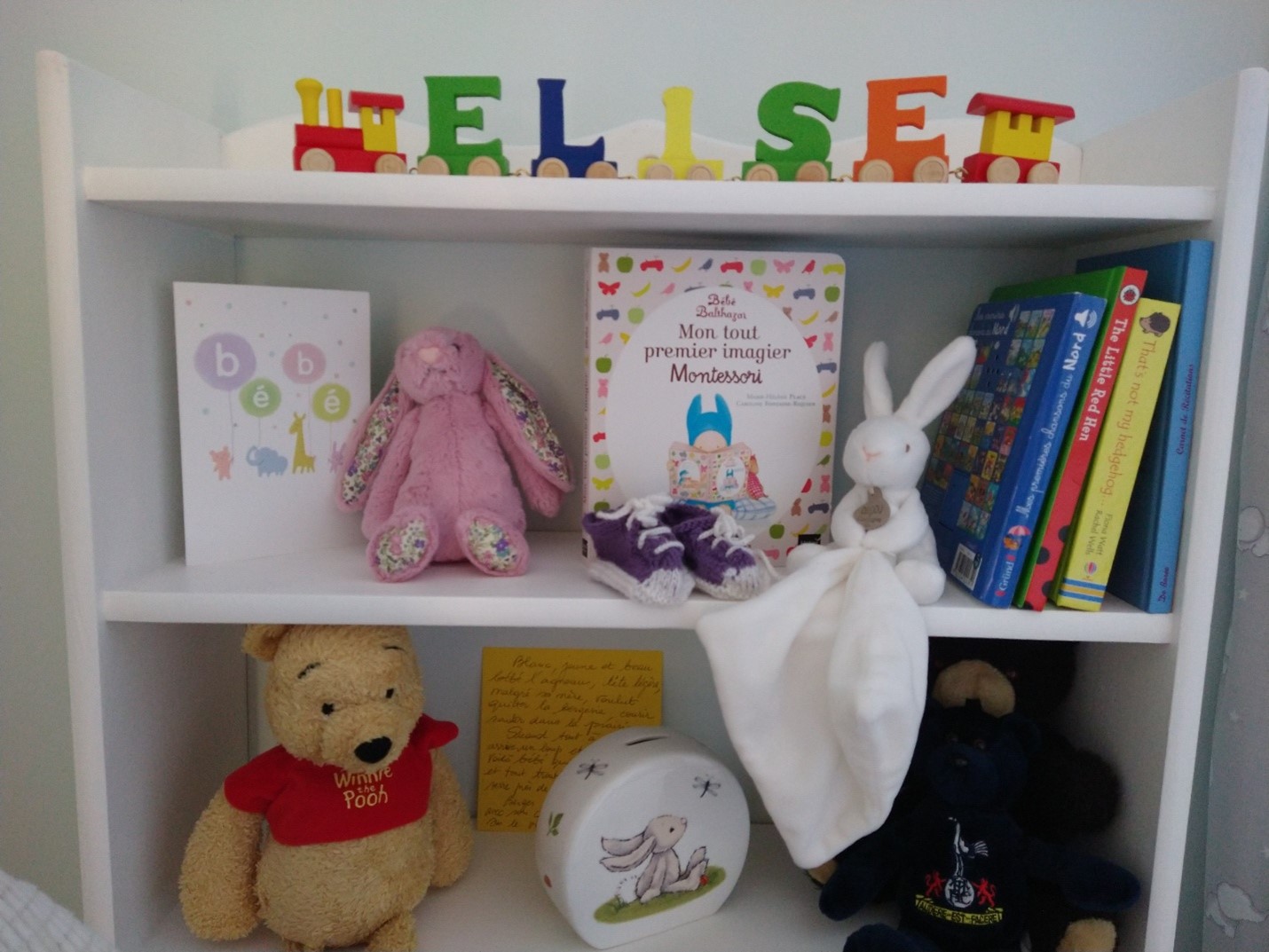For Elise
In this letter to her new born daughter, native speaker of French and Hampshire EMTAS Specialist Teacher Advisor Astrid Dinneen reflects on her first steps as a parent raising her baby bilingually.
Ma chère Elise,
Did you notice the different patterns and music of the languages spoken at home when you were still tucked into my tummy? Perhaps you recognised they were from different classes of language a couple of days after you were born. You see, your daddy speaks to you in English and I mostly speak to you in French, switching to English or a mixture of French and English when your daddy is within earshot in order to include him in our chitchat.
Long before you were born we always knew we would raise you bilingually – not quite strictly using the ‘one parent, one language’ (OPOL) approach where I would solely use French and your father English when around you. This method simply wouldn’t suit our family unit where - so far - I’m the only speaker of French and where English is the only language that everyone has in common. Instead we’ll use our own flexible approach where you’ll see me dip in and out of French and English and perform a lot of translanguaging.
Mixing languages didn’t used to be recommended as it was understood it confused children however advice is changing around this practice which is pretty common in multilingual households. So rather than being brought up by two seemingly monolingual parents you will grow up witnessing bilingualism in action in a dynamic, dual language environment where either French, English or sometimes a mixture of both will be spoken, read and written depending on context and audience – something I hope will help model how you too can use the whole repertoire both your languages have to offer.
This is all nice and well however you should know I suffer from a mild case of language attrition. You see, when you’ve lived in a country other than your own for as long as I have and speaking your first language only occasionally you become a little rusty – the words fail to roll off your tongue, you stumble and you fall mid sentence in a mess of grammatical approximations and incomplete idioms. This isn’t helped by the fact there is no cohesive local French speaking community that I know of hence the opportunities to regularly chat with compatriots are somewhat lacking, especially during a pandemic when even your French family is unable to travel and see us. This is definitely a concern when you think about how much input in French you’ll need to even have a chance to acquire it. But what a beautiful opportunity you’ve given me – the chance to reconnect with a language, identity and culture I am determined to pass on to you.
Talking to you in French all the time offers me much needed practice and reassuringly the words eventually come to me naturally even though false friends occasionally trip me up in my sleep deprived state. For example the term bib in English is very close to the French word for baby bottle (biberon or bibi for short) hence why you often hear me use these words interchangeably! I’m sure you’ll soon join your daddy in making fun of my slipups but these will make superb opportunities for unpicking quirks and comparing our languages – a process which will soon become familiar to you as your metalinguistic awareness develops (that’s grownup for your awareness of how languages work).
Singing to you in French is a lot of fun and is great for repetition, rhyme and rhythm and you particularly love my rendition of Alouette. I’m rediscovering long forgotten songs and nursery rhymes. I’m discovering new ones too including translations of popular English classics such as The wheels on the bus. Interestingly in French the mums on the bus don’t chat, they say chut (shush) straight after the line where the babies cry. Can you guess why the translator made this choice? Have you also noticed how the body parts in Heads, shoulders, knees and toes are in a different order in French so it still rhymes? I’m sure translation will soon become another subject of conversation in our home and you’ll soon discover the skilful way we sometimes have to manipulate language and adapt text to suit our purposes (the metalinguistic awareness I’ve already mentioned will help you do just that).
Practitioners in pre school and school settings may consider you as EAL when they eventually get to work with you. This is such a big umbrella term however and children with EAL have varying experiences which lie on a wide spectrum. You will definitely receive a language diet that is different from your peers raised only in English. However your exposure to French won’t be comparable to that of children born in an exclusively French speaking household either as their input in French will naturally be greater than yours. You will no doubt sit somewhere in the middle with skills and qualities developed through your exposure to two identities, ways of thinking and speaking.
Will you have a preferred language when interacting with us at home or outside the house? Will this change when you start school? Will you tap into both languages to express yourself in the same utterance? Will you be happy to use French in front of non French speakers? Will you enjoy talking about how our languages work? Will translation interest you? Your development of language will be truly unique and one no one can really predict. One thing is for sure though – it’s how grateful I am ma chère Elise for putting French back into my life in addition to being the best thing that’s happened in 2020.
Bisous,
Maman
References:
What is
translanguaging? – EAL Journal
How to plan for a bilingual baby? [English edition] – Kletsheads, a podcast with Eowyn Crisfield
Advice for parents and carers in our guidance library
Babies, First words – Netflix, April 2020
Last modified: Wednesday, 14 June 2023, 11:28 AM

